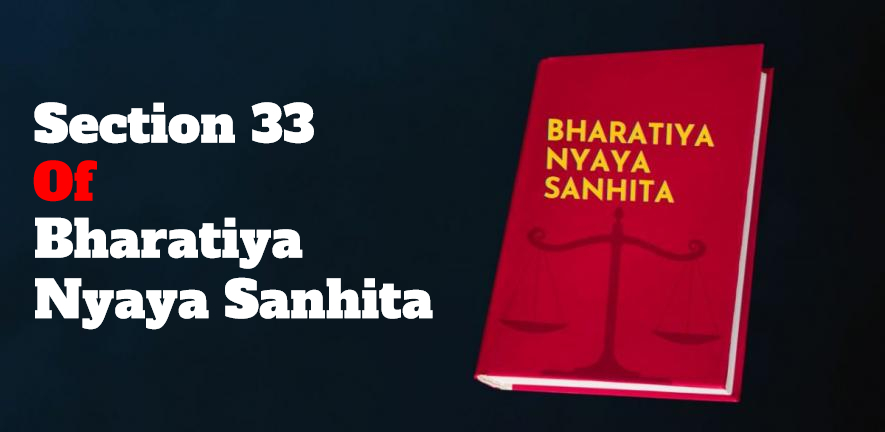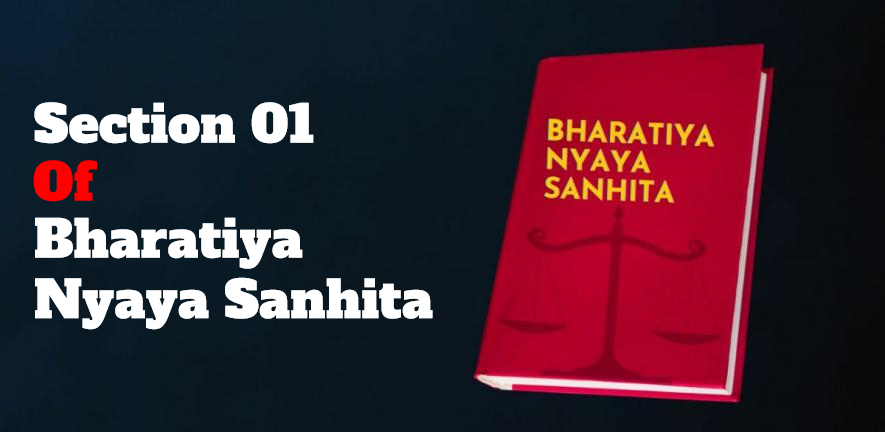Section 251 of the Bharatiya Nyaya Sanhita, 2023 (BNS), addresses the offense related to offering gifts or restoring property as a means to conceal an offender from legal consequences. This section is structured to define the nature of the offense, the punishments applicable, and the legal framework surrounding it.
Key Provisions of Section 251
- Nature of the Offense:
- The section criminalizes the act of giving or offering any form of gratification or restoring property to another person with the intent to screen an offender from punishment. This includes actions taken to conceal someone who has committed a serious crime.
- Subsections:
- 251(a): Pertains to offering a gift or returning property in consideration of screening an offender for crimes punishable by death. The punishment for this offense is imprisonment for 7 years and/or a fine. This is classified as a non-cognizable and bailable offense, triable by a Magistrate of the first class.
- 251(b): Covers similar actions concerning offenses punishable by life imprisonment or imprisonment for up to 10 years, with a punishment of 3 years in prison and/or a fine. This is also non-cognizable and bailable.
- 251(c): Addresses cases where the offense is punishable by less than 10 years, stipulating imprisonment for one-fourth of the longest term prescribed for that offense, or a fine, or both. This subsection maintains the same classification as non-cognizable and bailable.
Legal Implications
- Cognizability and Bail:
- All subsections under Section 251 are categorized as non-cognizable offenses, meaning that police cannot arrest without a warrant and must seek permission from a magistrate before proceeding with an investigation.
- The offenses are bailable, allowing individuals charged under this section to secure bail.
- Court Jurisdiction:
- Cases under this section are triable in a Magistrate’s court of the first class, indicating that these offenses are treated with significant legal scrutiny.
Conclusion
Section 251 of the Bharatiya Nyaya Sanhita emphasizes preventing obstruction of justice through financial incentives or property restoration aimed at shielding offenders from legal repercussions. The structured penalties reflect a commitment to uphold legal integrity while providing clear guidelines on prosecution and defense within this framework.

Adv Ashish Sharma has dedicated his career to helping individuals and businesses navigate the intricate legal landscape with confidence. From providing expert advice on current legal issues to offering clear explanations of legal principles, he strives to empower his audience with knowledge and understanding.

